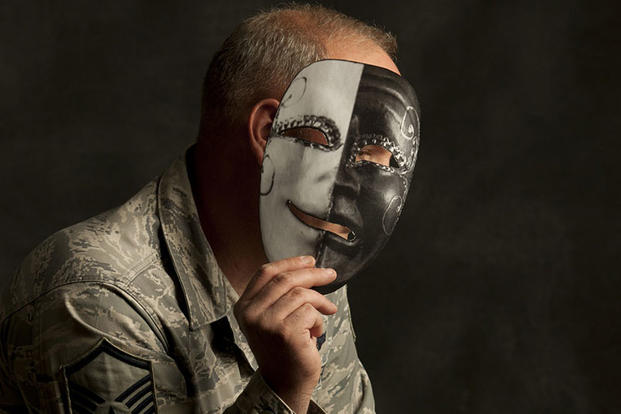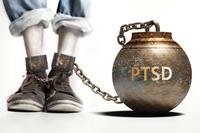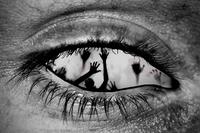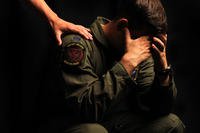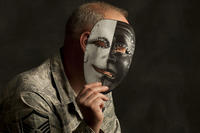If you have a loved one with PTSD, you may never know exactly what the experience is like, but the better you understand, the more supportive you can be.
The first step to helping a loved one cope with a diagnosis of post-traumatic stress disorder is research to get a better picture of what PTSD is, how it affects a person, and what you should and should not do to help.
Without this knowledge, you may feel helpless or even frustrated by your loved one's condition.
Here are a few things you should know about PTSD in veterans.
What Is PTSD?
PTSD develops after a person undergoes a traumatic, life-threatening experience. PTSD is diagnosed only after the usual symptoms of experiencing trauma have become prolonged. It is very normal for any person to experience nightmares, bad memories and depression. Yet for PTSD sufferers, these symptoms never go away.
People with PTSD will not only experience nightmares and bad memories, but they will also suffer from flashbacks where they may feel as though they are reliving the trauma all over again. As a result, they can also become hyper-aware of their surroundings, on edge, and on the lookout for perceived threats.
What Resulting Problems Will PTSD Sufferers Experience?
PTSD is very often the cause of related issues. The fear of public spaces or potential flashback triggers is enough to keep many veterans in their homes, secluded from social interaction.
This can easily lead to depression, suicidal thoughts and addiction.
Anxiety is also a commonly experienced side effect of the disorder as paranoia can overtake daily life.
What Are the Treatment Options?
Therapy is the most commonly used treatment for PTSD sufferers. Talk therapy helps relieve emotional issues while the counselor teaches the veteran how to cope with his or her newfound difficulties.
Relearning how to cope in a positive way and how to navigate life with PTSD requires the guidance of a professional and can be a very successful way to return life to normal.
Some people may also utilize medications or alternative therapies such as meditation and exercise.
How Can I Help?
Simply being available to talk is the most important thing a family member can do. Mental illness can be very isolating and knowing that there are people to talk to can make things much easier. Beyond being a willing ear, family members can also be of huge help in preventing depression and isolation. Plan fun, safe activities to get your loved one out of the house, up, and moving.
Things such as hikes on less traveled trails, learning a new hobby together, or bringing the family dog over for a game of fetch can all be great ways to keep your loved one mentally and emotionally healthy. It is important that you make sure they are keeping in touch, receiving treatment, and avoiding isolation as well as addictive substances.
Learning that your loved one has been diagnosed with PTSD can be difficult on a number of levels. It might be tempting to treat them with overt sympathy or just the opposite.
However, having the love and support of friends and family is one of the most important aspects of treating PTSD. You may not feel like you're doing a lot by bringing your dog over to play but, in reality, you are helping more than you might know.
